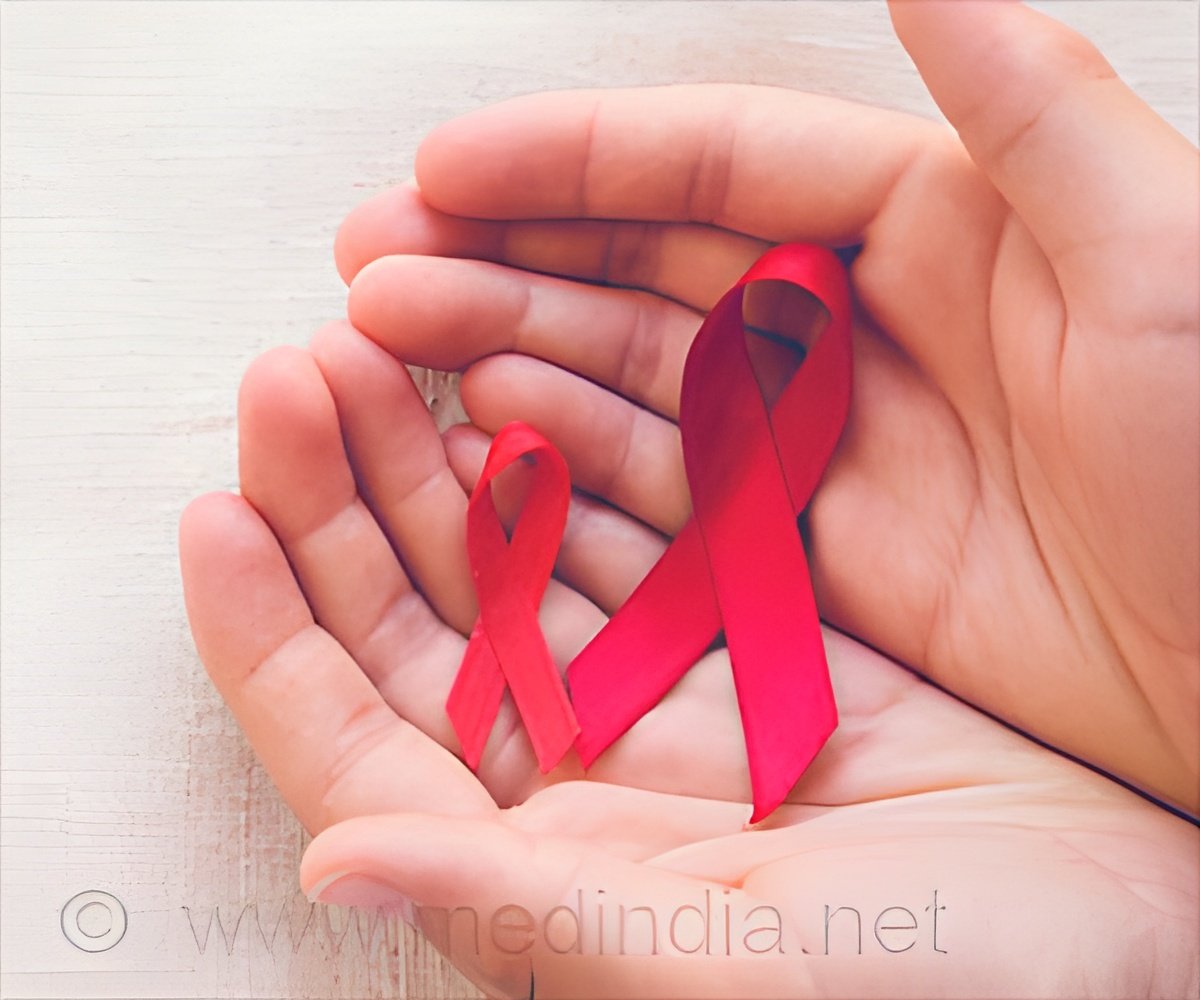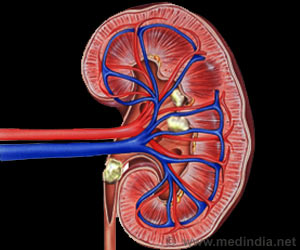
Despite the Government of Tripura’s recent clarification on misleading reports about HIV cases, health experts warned on Wednesday that the situation might be more severe than it appears. They described the reported figures as “just the tip of the iceberg.”
Advertisement
HIV Spike in Tripura
Earlier this month, a senior official from the Tripura AIDS Control Society (TSACS) reported that 828 students had tested positive for HIV in Tripura, with 47 fatalities. Of the affected students, 572 are still alive, while many have left the state for higher education. The Health & Family Welfare Department of Tripura later clarified on social media platform X.com that these figures are cumulative from April 2007 to May 2024 (1✔ ✔Trusted Source
HIV crisis in Tripura: 47 students dead, 828 positive; alarming rise linked to intravenous drug use
).
TSACS officials suggested that the rise in HIV cases could be linked to injectable drug abuse among students. Dr. Ishwar Gilada, a prominent HIV expert, emphasized that this is only a glimpse of a larger problem, highlighting that infections like Hepatitis-C, Hepatitis-B, and syphilis can also spread through injectable drug use (IDU) more efficiently than HIV.
Advertisement
Long-Term Battle Against HIV
Dr. Basavaraj S. Kumbar, Consultant in Internal Medicine at Aster Whitefield Hospital, Bengaluru, called the deaths of 47 young individuals and the infection of hundreds more a “terrible tragedy.” He stressed the urgent need for awareness about the dangers of injectable drugs and the importance of preventing such practices.
HIV remains a devastating disease that significantly impairs the immune system, making individuals vulnerable to other infections and health complications. Modern medicine allows those with HIV to live long and productive lives, but it requires consistent medication and medical monitoring. Dr. Kumbar noted that living with HIV is a lifelong struggle against opportunistic infections.
Advertisement
Need for Comprehensive Health Checks and Awareness Campaigns
Dr. Gilada, a Consultant in HIV/STDs at Unison Medicare and Research Centre in Mumbai, urged state health authorities to conduct thorough health checks and efficiently address each infection. He pointed out that major HIV awareness and prevention campaigns from 2000-2010 are now lacking, leaving today’s teenagers and young adults, born during that period, vulnerable to HIV and other sexually transmitted infections (STIs).
Prevention is key, according to Dr. Kumbar, who emphasized the need to educate young people about the dangers of drugs and unsafe injection practices. He highlighted the importance of access to support systems and positive outlets for energy. For those struggling with addiction, he advised seeking help from counseling and rehabilitation centers to overcome addiction and lead a healthy life.
This situation underscores the urgent need for renewed efforts in HIV prevention, education, and comprehensive healthcare to combat the rising tide of infections in Tripura and across India.
Reference:
- HIV crisis in Tripura: 47 students dead, 828 positive; alarming rise linked to intravenous drug use – (https://organiser.org/2024/07/08/246262/bharat/hiv-crisis-in-tripura-47-students-dead-828-positive-alarming-rise-linked-to-intravenous-drug-use/)
Source-IANS



